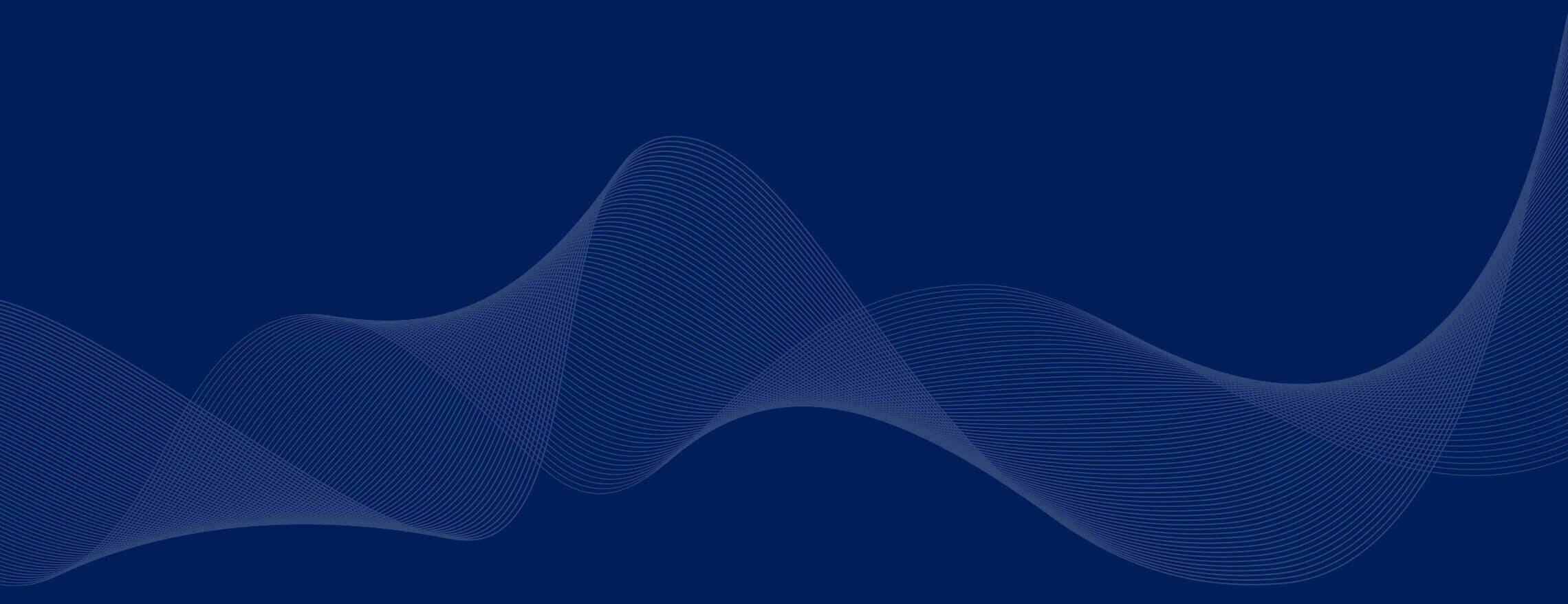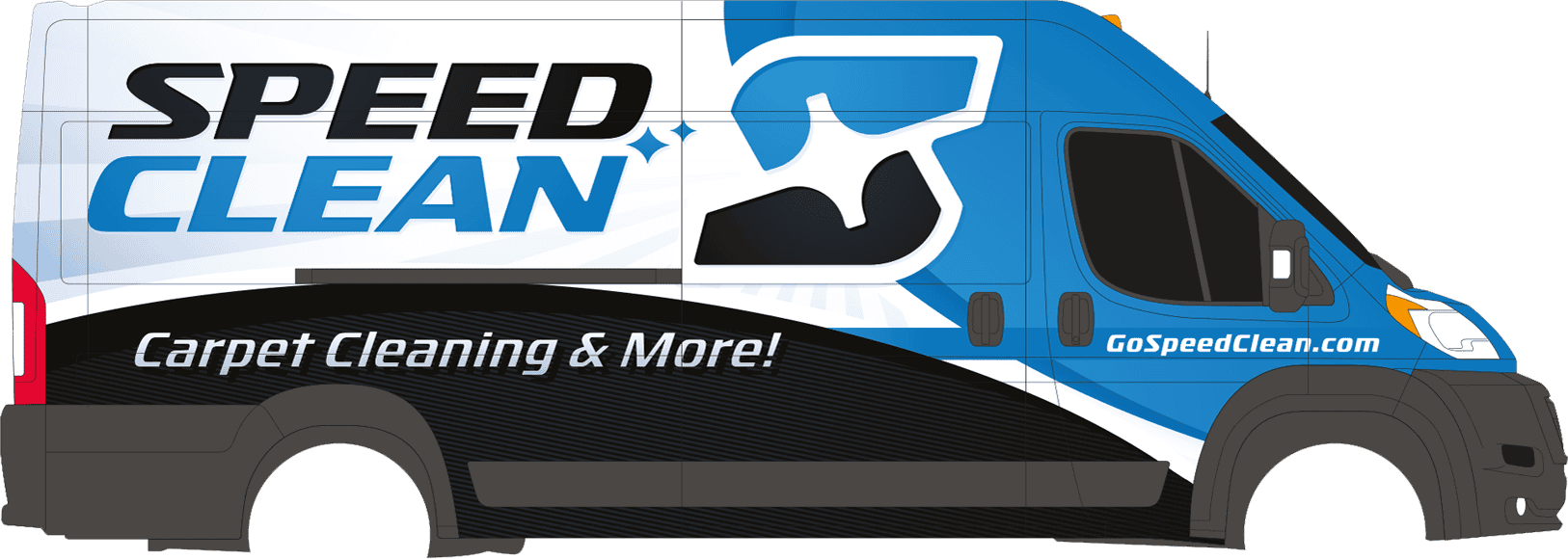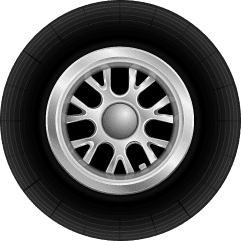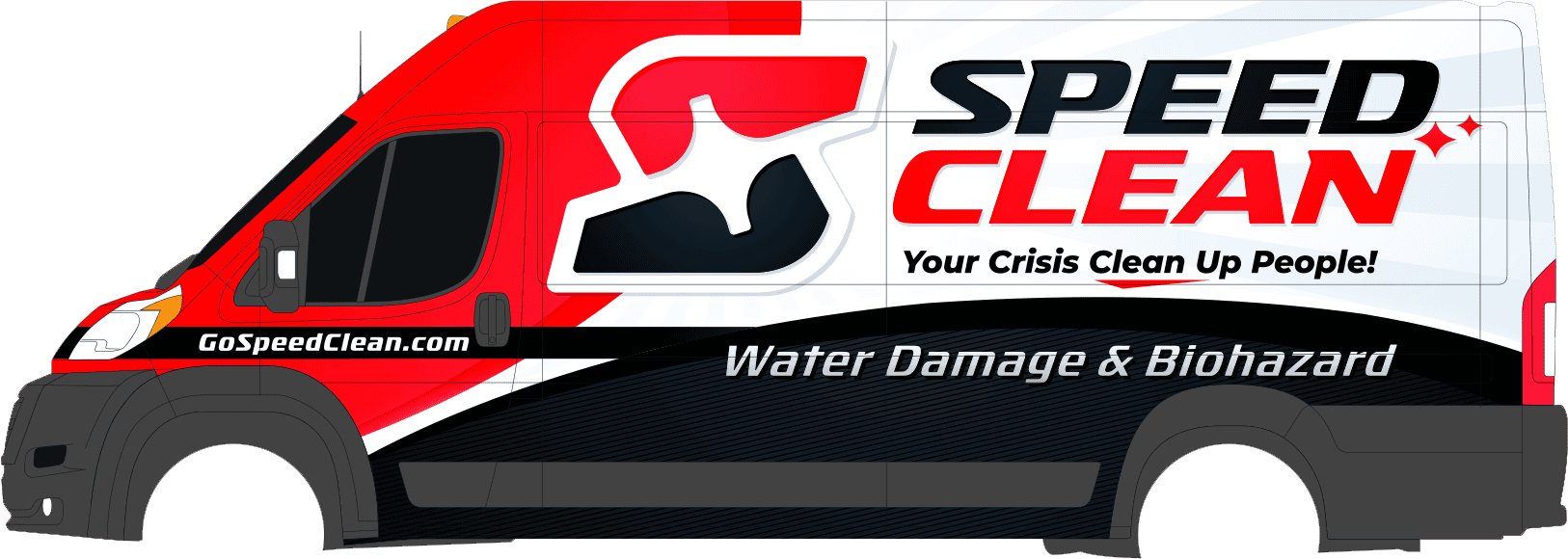CCT: The Carpet Cleaning Technician course
CCT teaches the fundamentals of carpet cleaning. Topics include fiber types and characteristics, fiber identification, carpet construction and styles, dyeing at the mill, soil characteristics and the chemistry of cleaning. This course will also introduce the technician to the 5 methods commonly used in carpet cleaning. The differences between the CCT and CMT courses are, basically, a focus on either general or residential versus commercial applications.
UFT: The Upholstery & Fabric Cleaning Technician course
UFT covers upholstery fiber categories, fiber identification and testing, manufacturing of the fiber & fabric, chemistry of cleaning, upholstery cleaning methods, protections, spotting and potential problems. A student will have a specific knowledge about fabric and fiber content, as well as furniture construction. This enables students to identify limitations and potential cleaning related problems, on a given piece of upholstery.
OCT: The Odor Control Technician course
OCT covers olfaction and odor, odor sources, detection process, theory of odor control, equipment, chemical options and applications. The student will learn how to address odors caused from biological sources such as decomposition, urine contamination, and mold, combustion sources such as fire and smoke damage, and chemical sources such as fuel oil spills or volatile organic chemicals.
RRT: The Carpet Repair and Reinstallation Technician course
RRT teaches techniques and safety issues related to carpet repair and re-installation, carpet construction, inspection process prior to cleaning, tools of the trade, floor preparation, adhesives, carpet cushion installation, trackless strip and moldings, seaming, and proper stretching. This class also teaches various repairs that the carpet cleaner/restorer may come up against while dealing with an installed textile. This knowledge will enable the technician to recognize and avoid installation problems that may arise while performing carpet cleaning as well as how to correct many issues encountered.
WRT: The Water Damage Restoration Technician course
WRT is designed to teach restoration personnel who perform remediation work to give them a better concept of water damage, it’s effects and techniques for drying of structures. This course will give residential and commercial maintenance personnel the background to understand the procedures necessary to deal with water losses, sewer back flows, and contamination such as mold.
CDS: Commercial Drying Specialist
CDS requires a certification. WRT commercial drying projects frequently have many more potential hazards and safety risks that are not generally encountered on residential projects. The commercial drying specialist course teaches damage inspection and evaluation, work flow management, process administration and technical methods of effective and timely drying of commercial, industrial and complex residential water-damage structures, systems, and furniture, fixtures and equipment (FFE).
AMRT: The Applied Microbial Remediation Technician course
AMRT covers mold and sewage remediation techniques to individuals engaged in property management, property restoration, IEQ investigations or other related professions. Emphasis will be placed on teaching mold and sewage remediation techniques to individuals who will perform these procedures in the field. Course graduates will be adequately equipped to perform remediation services, while protecting the health and safety of workers and occupants.
SMT: The Stone, Masonry, & Tile Care Technician course
SMT provides precise information for the proper maintenance and cleaning of natural and man-made (cultured) stone, ceramic tile, masonry, and grout surfaces. Students will learn the theory behind and reasons for proper tools, chemicals and equipment. Emphasis will be placed on protecting surfaces, technicians and building occupants. Students completing the course will be adequately equipped to perform maintenance-related tasks involving stone, masonry and ceramic tile surfaces.
SRT: The Fire & Smoke Restoration Technician course
SRT concentrates on technical procedure for successfully completing the restoration of a fire and smoke damaged environment. The students will learn how to combine technical procedures with a practical approach to managing the job site and how that relates to pricing the job.
ASD: The IICRC-approved Applied Structural Drying course
ASD is designed to teach the effective, efficient and timely drying of water-damaged structures and contents, using comprehensive classroom and hands-on training, in order to facilitate appropriate decision making within a restorative drying environment.
CRT: The Color Repair Technician course
CRT addresses the history of color, color theory, natural and synthetic dyes, dye methods, types of dyes, types of fibers, carpet styles and dye procedures. Other topics covered include color related cleaning issues such as fading, color loss due to contamination or bleaching, and the use of cleaning agents that may affect or remove color from carpet.
HST: The Health and Safety Technician course
HST is a must for anyone performing restoration or mold remediation! This course is provided to increase safety in your workplace and reduce your company’s risk of costly fines and penalties. It is also designed to put you ahead in the restoration industry to show insurance companies you and your staff are ahead of the competition regarding health and safety. Topics to be covered are: OSHA standards, Inspections, Citations and Penalties, Record keeping, Personal Protective Equipment (PPE), Hazard Communication, Hazardous Materials, Confined Spaces, and Blood borne Pathogens.
TCST: The Trauma and Crime Scene Technician
TCST certification covers the unique situations encountered when performing trauma and crime scene cleanup, regardless of surface, item, or location. The certification demonstrates knowledge of the various procedures and precautions taken when performing work at a trauma/crime scene and is based on the ANSI/IICRC S540 Standard for Trauma and Crime Scene Cleanup. Upon achieving the certification, you demonstrate you know about inspecting and investigating human blood and other potentially infectious material (OPIM) contamination to establish hazard assessments, work plans, and procedures for cleaning and safely transporting contaminated material.
As technicians accumulate various certifications, they become eligible for advanced designations: Requirements to obtain these prestigious designations are outlined below.As technicians accumulate various certifications, they become eligible for advanced designations: Requirements to obtain these prestigious designations are outlined below.
| Requires | Certification |
|---|---|
| CCT or CCMT + UFT + OCT or CRT or RRT | JOURNEYMAN TEXTILE CLEANER (JTC) One year active service in the industry after original certification date, plus attainment of specific designations. Designation will automatically be awarded upon attainment of the proper credits. |
| UFT + OCT + FSRT | JOURNEYMAN FIRE & SMOKE RESTORER (JSR) One year active service in the industry after original certification date plus attainment of specific categories. |
| CCT or CCMT + WRT + RRT | JOURNEYMAN WATER RESTORER (JWR) One year active service in the industry after original certification date plus attainment of specific categories. |
| CCT OR CCMT + UFT + OCT + RRT or BRT + CRT | MASTER TEXTILE CLEANER (MTC) A minimum of three years after original certification date plus attainment of specific certifications. |
| CCT or CCMT + UFT + OCT + FSRT + HST or equivalent | MASTER FIRE AND SMOKE RESTORER (MSR) A minimum of three years after original certification date plus attainment of specific certifications. |
| CCT OR CCMT + RRT + WRT + ASD + AMRT or AMRS + HST or equivalent | MASTER WATER RESTORER (MWR) A minimum of three years after original certification date plus attainment of specific certifications. |




